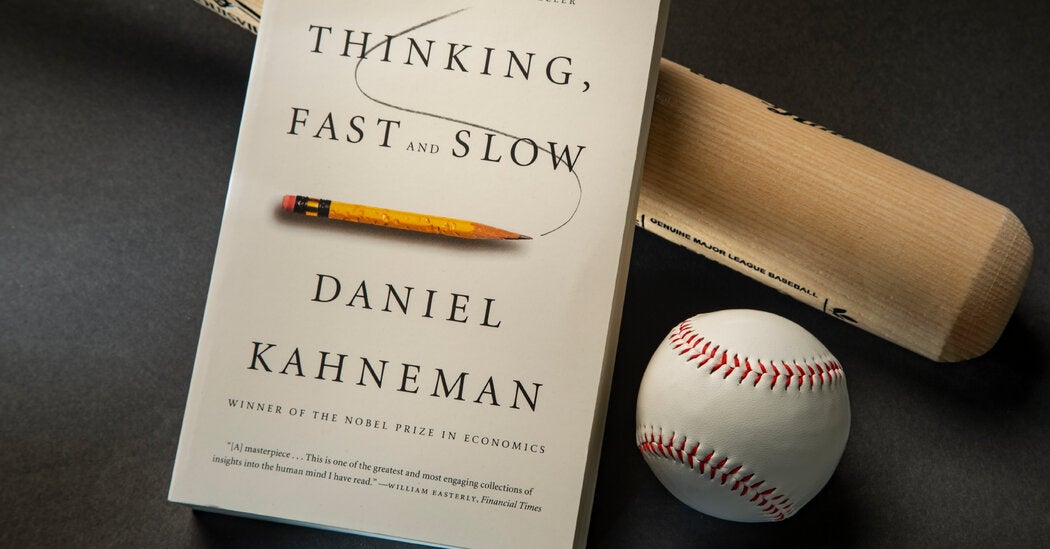
Everett Teaford remembers the curious gaze from the executive across the room. Teaford, a former major league pitcher, had joined the Houston Astros as a professional scout in early 2016, and at an organizational meeting, his new colleague Sig Mejdal kept shooting him a look.
When the group adjourned, Mejdal, then a top Astros executive, approached Teaford and explained his interest. A decade earlier, when Mejdal was an analyst with the St. Louis Cardinals, his pre-draft statistical model had offered a bullish projection on Teaford’s professional future. Teaford, then a Georgia Southern left-hander, had a sparkling statistical résumé — he’d had a 5-1 record and 1.84 earned run average the previous summer in the prestigious Cape Cod League — that belied his slight stature.
Teaford stands 6 feet tall, but he was scrawny for a pro prospect, weighing 160 pounds “on my heaviest day,” he recalled. As Mejdal recounted the back story to Teaford, he explained, “Well, one of the biggest problems was that the cross-checker thought you worked on the grounds crew,” referring to the region’s supervising scout who saw Teaford raking the mound without his uniform on.
Baseball is littered with examples of varying body types — Astros second baseman Jose Altuve, who is 5-foot-6, and Yankees outfielder Aaron Judge, who is 6-7, finished 1-2 in the 2017 American League Most Valuable Player Award voting — but cognitive bias can cloud judgment, too. In Teaford’s case, the scouting evaluation was predisposed to a mental shortcut called the representativeness heuristic, which was first defined by the psychologists Daniel Kahneman and Amos Tversky. In such cases, an assessment is heavily influenced by what is believed to be the standard or the ideal.
“When we look at the players standing for the national anthem, it’s hard not to realize that quite a few of these guys are far from stereotypical or prototypical,” Mejdal said. “Yet our mind still is attracted quite loudly to the stereotypical and prototypical.”
Kahneman, a professor emeritus at Princeton University and a winner of the Nobel Prize in economics in 2002, later wrote “Thinking, Fast and Slow,” a book that has become essential among many of baseball’s front offices and coaching staffs.
